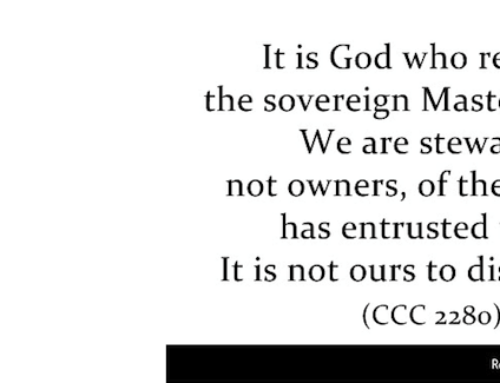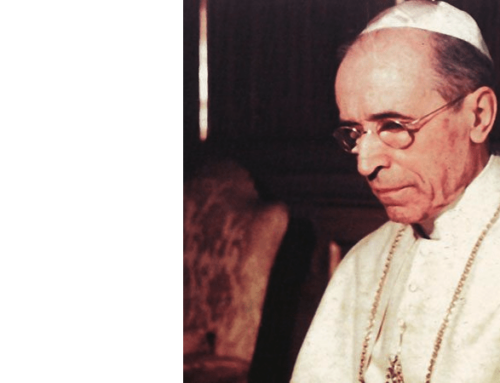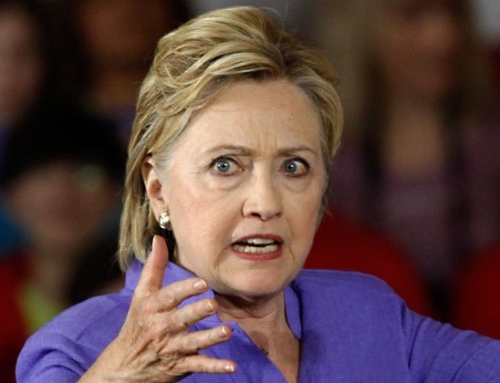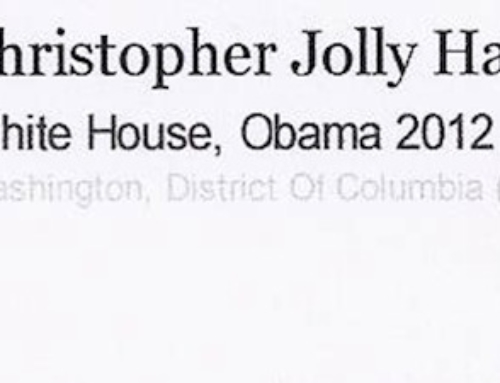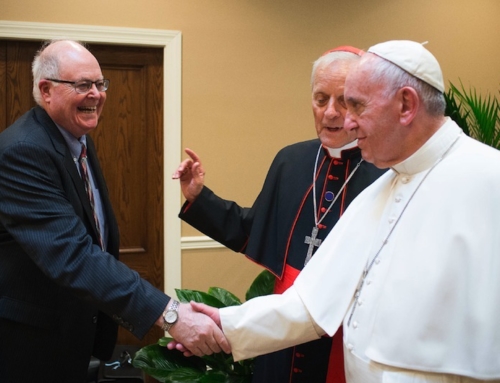This article by Bill Donohue was originally published by Newsmax on February 10, 2016.
In 1972, Pauline Kael, film critic for the New Yorker, famously said after the presidential election, “I can’t believe Nixon won. I don’t know anyone who voted for him.” Following the New Hampshire primary, former New Hampshire Governor John Sununu said, “By name, I know only five people supporting Donald Trump. So I can say I cannot understand this electorate.”
The difference between Sununu and most conservative pundits is that he is honest about his cluelessness. For several months, night after night conservative talking heads have been bashing Trump, dismissing him as if he were a carnival freak. Oh, yes, they readily concede, he may be able to whip up the masses, but he cannot engage them for the long fight. That they look increasingly silly cannot be denied.
The fundamental problem with conservative critics of Trump is their class bias. They don’t understand the working class. Sheltered in prep schools and Ivy League institutions, their world is one where ideas count, and not much else. They don’t understand the visceral appeal of someone like Trump.
What is Trump’s appeal? Candidness and an intolerance for business as usual (Bernie Sanders employs these qualities as well). The working class has long believed that most politicians—it matters not a whit whether they are Republicans or Democrats—neither speak to them or for them. They speak above them, or past them, but never to them.
How is it possible for a billionaire to connect to blue-collar workers but polished politicians cannot? Because Trump speaks their language: he is bold and decisive, and he is not owned by the political class. Regarding the latter, he is not surrounded by big donors, consultants, handlers, pollsters, and lobbyists who seek to manipulate the public. This is music to the ears of blue-collar men and women.
The political class is so well orchestrated, so fine-tuned, that it lacks the kind of authenticity that appeals to the working class. The jeans, boots, and lunch-bucket guys and gals like their politics straight up—they can spot a phony a mile away. Moreover, they like those who (unlike Mitt Romney) are not apologetic about their wealth. After all, they want to be rich, too, and if they can’t be, they want their kids and grandkids to be.
Who speaks for cops, firefighters, construction workers, barbers, bus drivers, bartenders, small businessmen, truckers, military personnel, and the like? Who of the candidates, save for Trump, can relate to their alienation? Moreover, many of these workers are veterans, and they have no patience for those who commit troops abroad but won’t let them finish the job.
The working class also resonates with Trump’s no-nonsense approach to Mexico and China. When conservative pundits tout the virtues of immigration, saying nothing about the free ride that illegal aliens are getting, they are treating workers with contempt. Similarly, when blue-collar jobs are being lost to nations who don’t believe in reciprocity, conservatives who tout the virtues of free trade sound like professors who never left the comfort zone of their library carrel.
One might have thought that Republicans would have learned something from the phenomenon of Reagan Democrats. They haven’t. Secure in their elite ghettos, they think they can finesse their way to victory. They usually can, but not this time.
The biggest mistake that Republicans can make—many are already talking about it—is to try to unseat Trump at the convention. That would ignite a backlash the likes of which the elites have never seen.
If Trump’s conservative critics want a crash course on what makes the working-class tick, they ought to stop by a blue-collar pub and listen. Just don’t order a glass of wine.
Dr. William Donohue is the president and CEO of the Catholic League for Religious and Civil Rights. The publisher of the Catholic League journal, Catalyst, Donohue is a former Bradley Resident Scholar at the Heritage Foundation and served for two decades on the board of directors of the National Association of Scholars. He is the author of six books, and the winner of several teaching awards and many awards from the Catholic community. Read more of his reports — Click Here Now.



